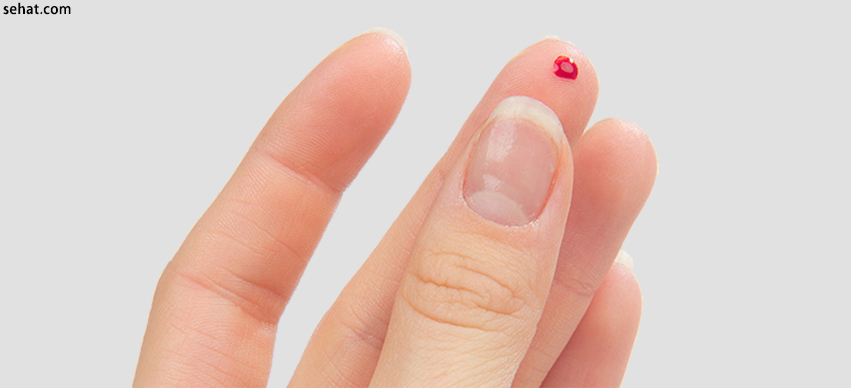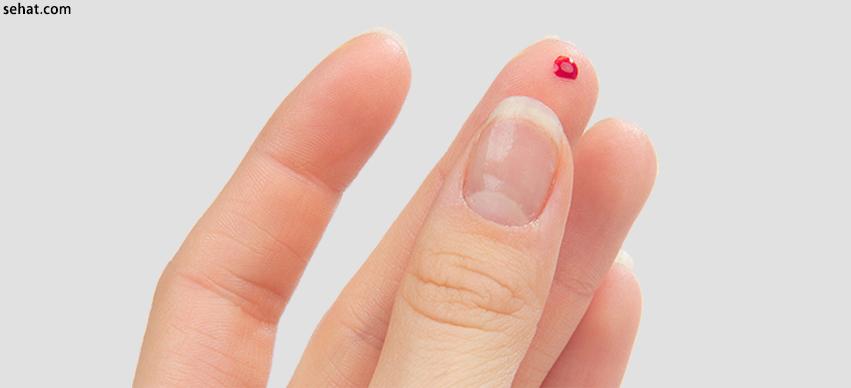Nanoparticle Therapy – An Emerging Cancer Treatment
5 Min Read


While many organs play vital role in the human body for sustenance, no one of them can function without blood. It is dubbed as life force for humans and offers infection-fighting agents along with oxygen, nutrients. Human blood is essentially living tissue comprising of solid and liquids. The liquid part known as plasma is composed of protein, salt, fats and water. The solid part of human blood is made of platelets, white blood cells and red blood cells.
While human blood is composed of the same ingredients, not everyone has the same type of blood running in their veins. There are 4 principal divisions- made by the presence and absence of antigens A and B.
Along with Antigens A and B, there is another antigen referred as the Rh factor, which is either absent or present in human blood. While transfusing blood certain rules need to be kept in mind. Group O blood can be given to all other groups and so it is called the Universal Donor. Group AB blood can be donated only to same group, but it can receive blood from all groups. Group A blood can be given to Groups A and AB. Group B blood can be given to groups B and AB. Blood type, like many other genetic attributes, is inherited from parents.
Humans can be susceptible to certain common blood related disorders and syndromes.
Anaemia is quite common across ethnicities and races. It happens when you lack adequate healthy red blood cells to supply oxygen to your body parts. It is triggered by iron deficiency and also by vitamin deficit. It has symptoms like tiredness and dizziness. Doctors recommend various types of iron supplements to patients to cope with anaemia. They are also advised to eat iron fortified food like beans, green leafy veggies and lentils.
When capillaries under human skin get broken owing to an injury bruises are formed. It can happen more to elderly lot as they suffer from skin thinning. Continuous usage of blood thinning medications and steroids can also play a role in this. Along with the changed skin color, the area also feels tender. To fend off bruises, you can apply ice, arnica gel or specific medication suggested by doctors.
Unless blood clots do not happen, you will keep bleeding continuously and crisis will occur. However, at times, such clots may form without an identified cause. If such clots develop at lower body parts and reach the lungs, it can have a fatal outcome. Women who conceive and take birth regulatory pills may face the risk. Clot formation, also called deep-vein thrombosis causes swelling and cramping in the legs. Doctors offer blood-thinning medication like heparin to patients who develop this condition.
This happens when your immune system erroneously makes antibodies against blood proteins that play a role in clotting. It may lead to formation of DVT and also cause pregnancy problems. Though it is hard to detect, Doctors treat this disorder with baby aspirin and blood-thinning medications.